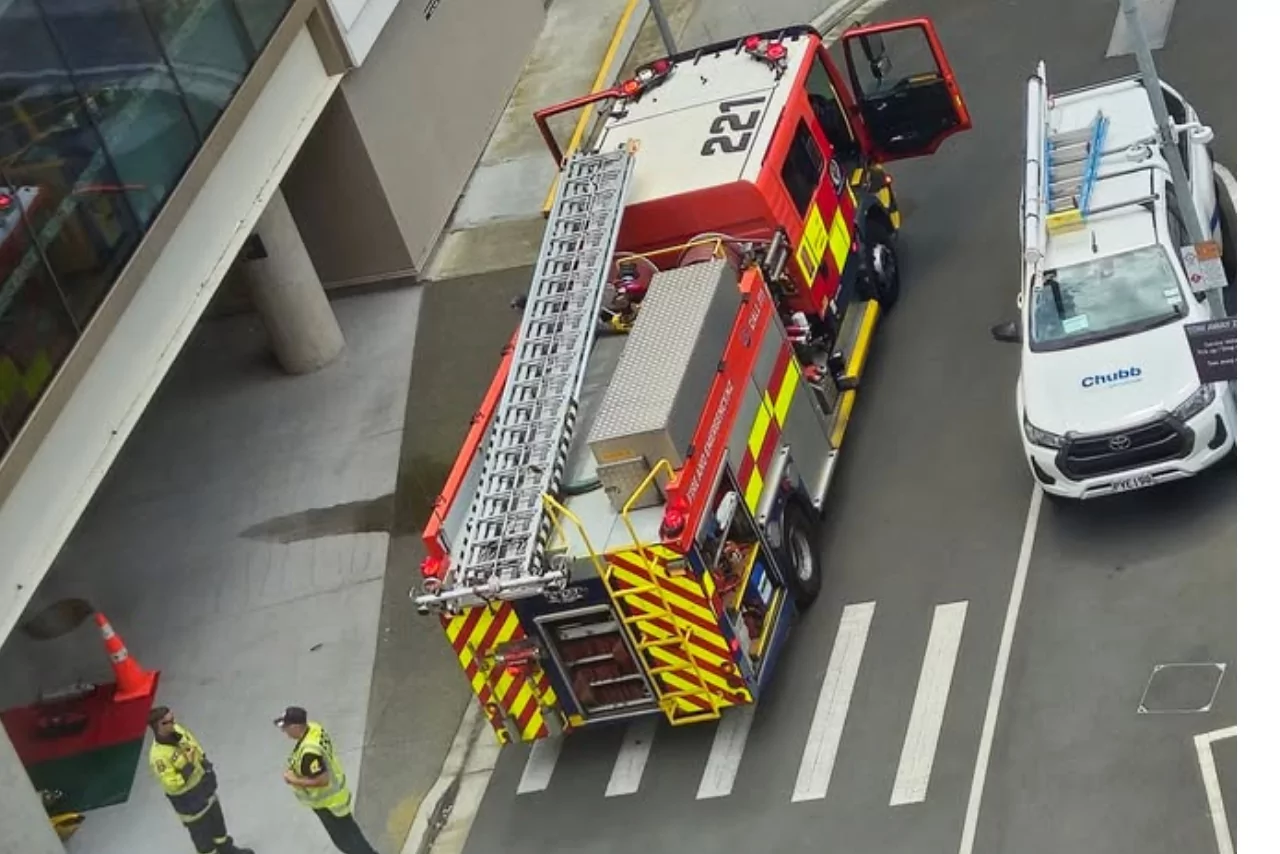Escaped youth tracked by Eagle helicopter, found hiding in New Brighton
The young person who escaped from a youth justice facility in Rolleston has been located...

Christchurch Hospital has been managing two small outbreaks of vancomycin resistant enterococci on a single ward, Health New Zealand has confirmed.
In a statement sent to chrislynchmedia.com, Health NZ Nursing Director for Infection Prevention and Control in Canterbury and the West Coast Dr Sarah Berger said the outbreaks involve two different strains of the bug and were identified as at 14 November.
VRE is considered a super bug because it is more difficult to treat and is resistant to the antibiotic vancomycin. Dr Berger said antimicrobial resistance is a growing global issue and is now being seen in New Zealand.
“Most patients are carriers of the bug rather than actually having an active infection,” Dr Berger said.
Fewer than 10 patients in Christchurch Hospital currently have VRE, with the majority carrying the bacteria without symptoms.
Dr Berger said managing VRE is now part of routine practice because of its increasing presence in the community. Deep cleaning of the ward and the use of personal protective equipment are in place as part of infection prevention measures.
“Our infection prevention control specialists work closely with clinical teams to make sure processes are understood and followed. They have also met with patients and their families, provided information sheets and taken time to answer any questions,” she said.
What is Vancomycin Resistant Enterococci
Enterococci are bacteria that live harmlessly in your gut and are passed in faeces. This is called colonisation. Some types of enterococci can become resistant to vancomycin, which is an antibiotic. This means vancomycin and some other antibiotics will no longer work against infections caused by Vancomycin Resistant Enterococci. Infections from VRE are rare but they are difficult to treat so limiting the spread is important.
How did I get VRE
It is difficult to know exactly when this bacterium entered your body. The chance of picking it up increases if you have been in hospital and have received antibiotic treatment.
How do I know if I have VRE
VRE is usually found through testing your faeces using a rectal swab. Healthcare staff will speak with you if testing is required.
How is the spread of VRE prevented
VRE can spread in healthcare settings through contaminated surfaces, patient equipment and unclean hands.
All patients should clean their hands often, especially after using the bathroom, before eating and when leaving or returning to their bedspace. Use alcohol based sanitiser when outside a bathroom. Staff and visitors should also clean their hands regularly. Cleaning and disinfection of surfaces and equipment is important.
Your care in hospital
Having VRE should not affect the care you receive. You may need to be in a single room with your own toilet or commode, or you may be nursed in a shared area with others who carry the same bacteria.
Staff will take extra precautions such as wearing gloves and a gown or apron. A sign will be placed on your door to remind people of the required steps. You will be asked to remain in your room unless you need to leave for specific reasons. Use hand sanitiser each time you leave your room or bedspace.
What will happen when I leave hospital
If you need to go to another healthcare facility or receive home based services, let staff know you have had VRE so that precautions can be followed if required.
What happens on hospital transport
Patients with VRE do not need separate transport. All patients should use hand sanitiser before and after travelling in shared vehicles.
How can I protect my family at home
Hand hygiene is important. Wash your hands with soap and water and dry them well after using the bathroom and before preparing food. Anyone helping you at home should also wash their hands regularly.
No special processes are required for laundry, dishes or household cleaning. Regular detergents and cleaning products can be used.
Will VRE go away
The length of time a person carries VRE varies. You may be tested again if you are admitted to hospital in the future. It can be difficult to confirm when VRE has cleared, so hospitals may continue precautions for several years after a positive result.

